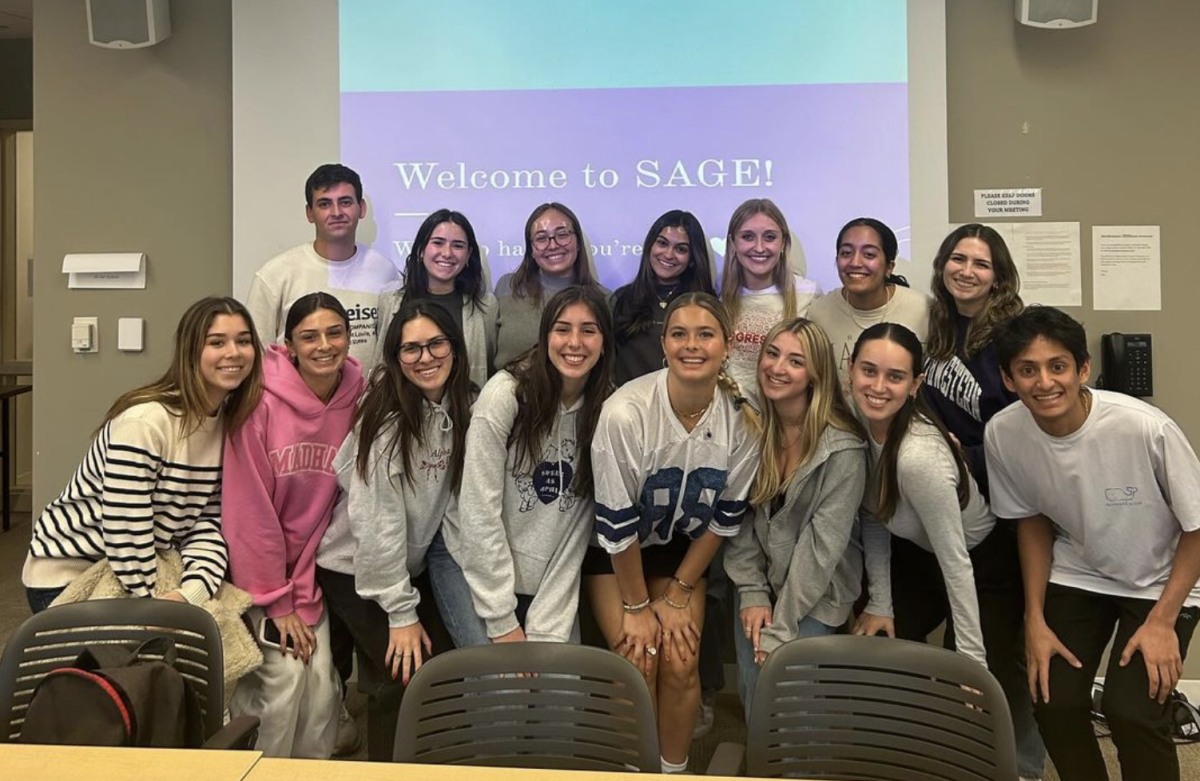Four Northwestern students, along with students from other universities across the country, chose Thursday to go on a 24-hour hunger strike in support of Hana Shalabi, a Palestinian prisoner who had been on a hunger strike for 42 days.
Since her arrest by Israeli troops at her home in Burquin, Jenin, Shalabi had been in administrative detention, or detention without a charge or trial, according to a prisoner report by the Palestinian Prisoner Support and Human Rights Association. News organizations including The BBC have reported she is a supporter of the militant group Islamic Jihad.
Plans were made Thursday to release Shalabi, which prompted the end of her hunger strike. Students had already made plans for their strike.
In October, Shalabi was released from two years in prison after being detained because of a prisoner exchange between the Israeli government and Hamas. One thousand and twenty-seven Palestinians held as political prisoners were later released, reportedly in exchange for Israeli soldier Gilad Shalit, according to the prisoner report.
The four students represented NU’s chapter of Students for Justice in Palestine.
Weinberg sophomore Salek Khalid, Weinberg senior Natasha Singh, Weinberg freshman Serene Darwish and Weinberg sophomore Nouha Boundaoui were the four SJP students involved.
“I feel like on college campuses, solidarity is a really important thing,” Darwish said. “That’s how it started with South Africa – apartheid fell and we will get there with Palestine.”
Khalid said the students had heard of about 320 prisoners who are currently under administrative detention and that many of them have also been inspired to begin hunger strikes.
More than 30 universities, including Harvard University and Columbia University, have students who were involved in the one-day strike.
“When we got the call to action by organizers, we thought it was important for us to respond,” Khalid said. “It’s not just to raise awareness, but it’s an act to be presented to Hana’s family, that we stand with her and they are not alone.”
Students used a Facebook page to share their feelings about Shalabi’s imprisonment.
“There were other students uploading photos and things about the hunger strike,” Khalid said about the Facebook page. “It was really inspiring to see. Because even if people on our campus don’t care, there were people all over the world who do.”
The students said hunger strikes have become a common way to show solidarity against wrongful acts.
“With hunger strikes, it’s a technique that is getting a lot of attention,” Khalid said.
Khalid said the 66-day hunger strike by Khader Adnan, another Palestinian protesting administrative detention, inspired political prisoners such as Shalabi to fast to get the attention of the Israeli government to set them free. Adnan ended his hunger strike after Israeli authorities made plans for his April release, acccording to The New York Times.
The students said although a day of fasting was not an impossible task, it made them appreciate what Shalabi endured.
“I started to have hunger pangs,” Khalid said. “But then I remembered what Hana is going through.”
Darwish said because she didn’t fast the entire 24 hours, she couldn’t imagine what it was like for strikers like Shalabi.
Singh said although she is from India, a place where historically hunger strikes have been a part of political protest movements, her family questioned her actions Thursday.
“I was at home with my parents and at first they didn’t get it,” Singh said. “But through conversation, you can explain how to make an impact and they supported what I was doing.”
Singh said she felt hungry throughout the day but then she thought about Shalabi and her efforts in solidarity and support.
“I felt silly,” she said. “I thought, ‘Are you kidding?’ There’s this woman who has been fasting for over 40 days.”
The students said they were hoping to have a candlelight vigil April 17, Palestinian Political Prisoners Day, in honor of Shabali and to continue efforts in protest of imprisonment of Palestinians.
“It’s more than just her,” Darwish said. “This will keep going on for decades until all the Palestinians are free and the prisoners are released.”
This article has been edited for clarity. The term “Israel Occupying Forces” has been replaced by “Israeli troops” to reflect standard usage by neutral parties. Likewise, the phrase “One thousand and twenty-seven political prisoners from Palestine” has been replaced by “One thousand and twenty-seven Palestinians held as political prisoners.” Information from The BBC about Shalabi’s reported support for Islamic Jihad has also been added. The Daily regrets the errors.






